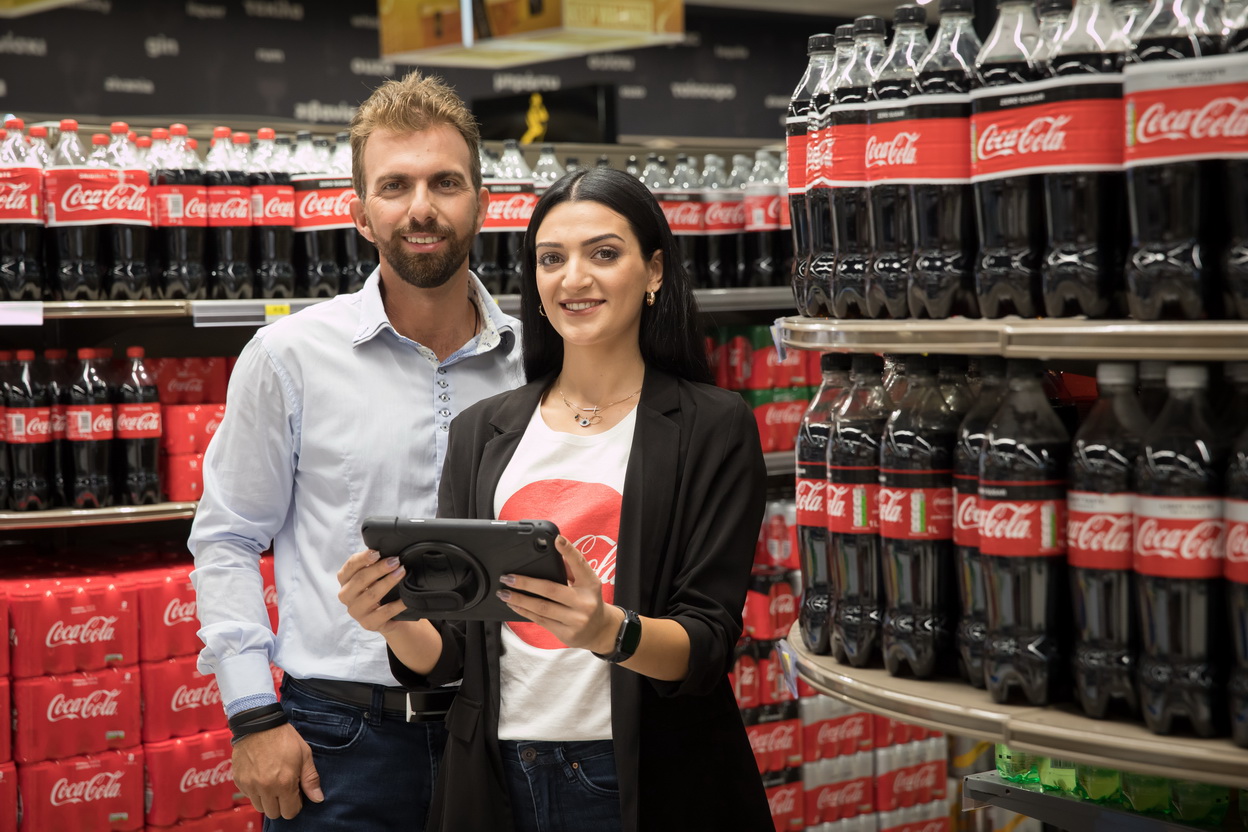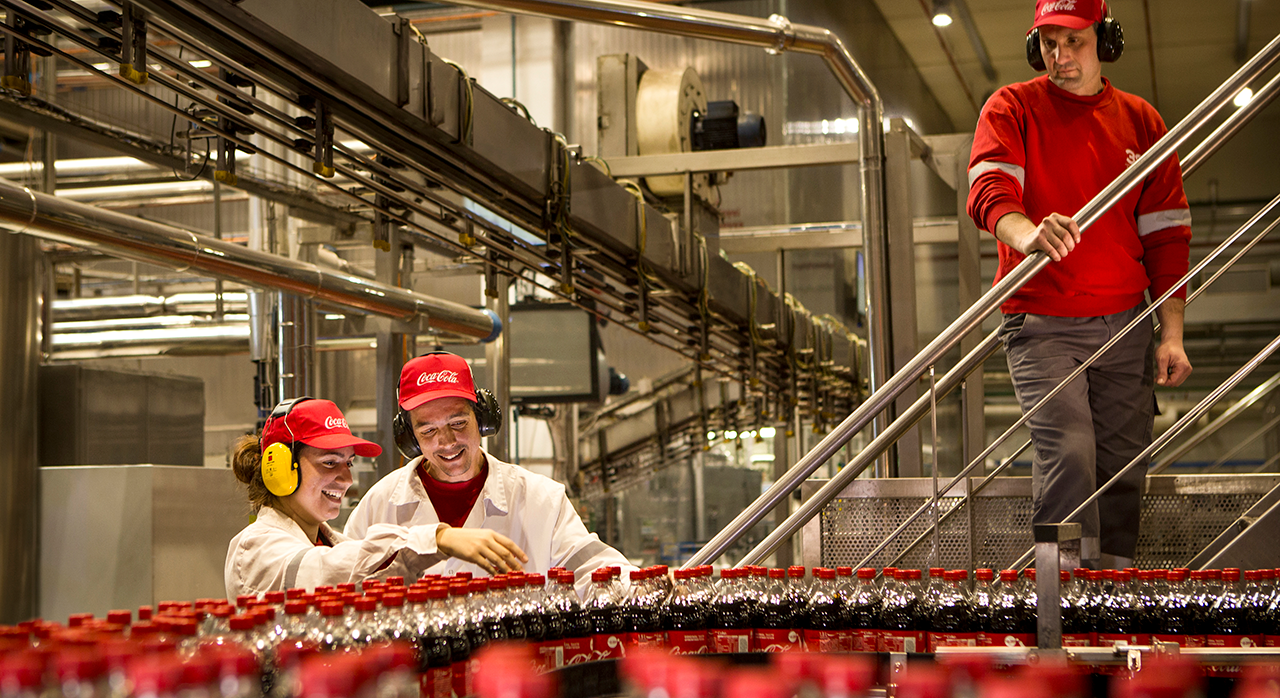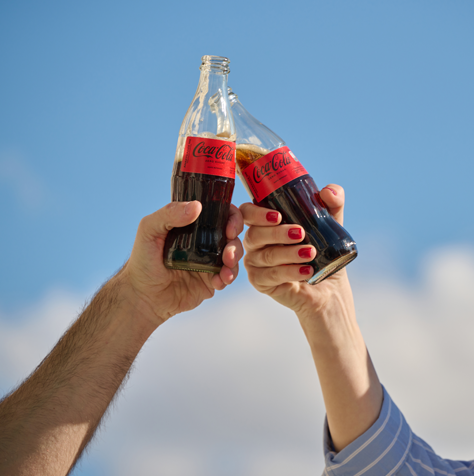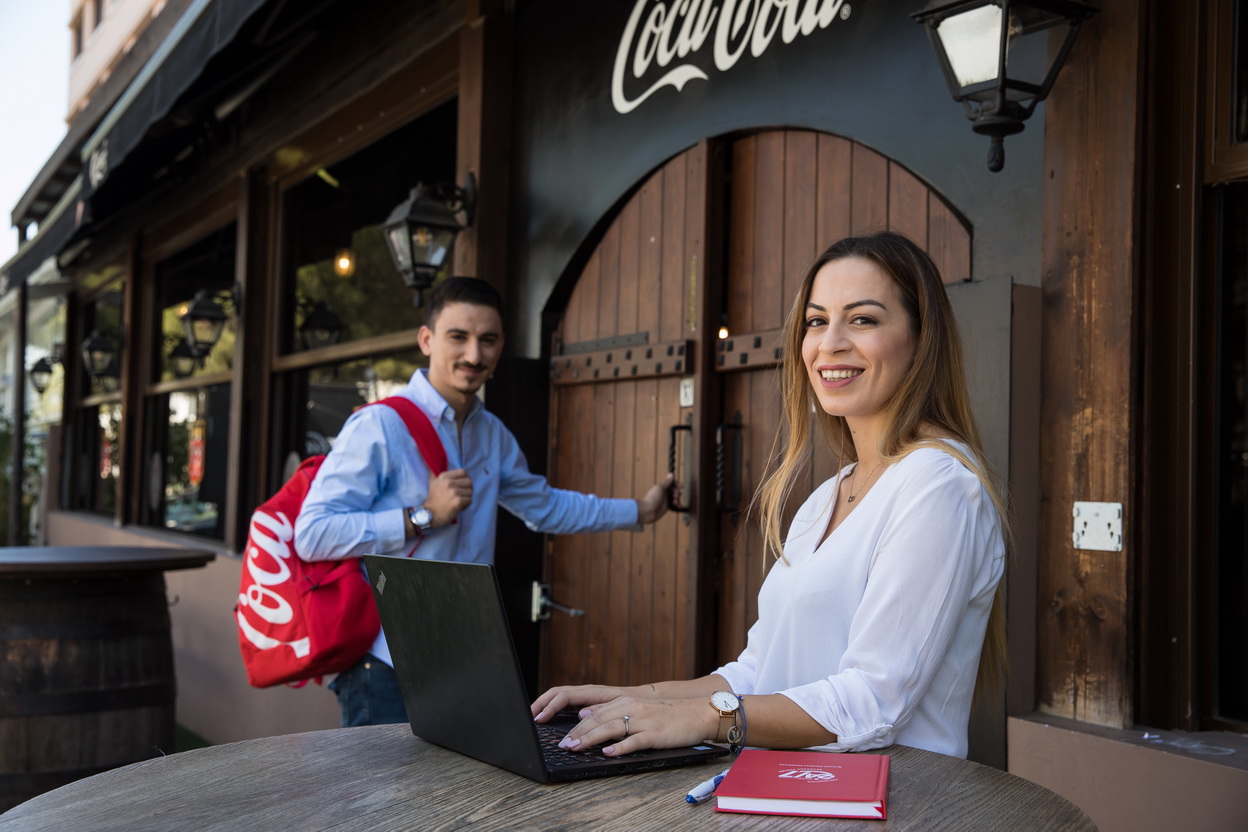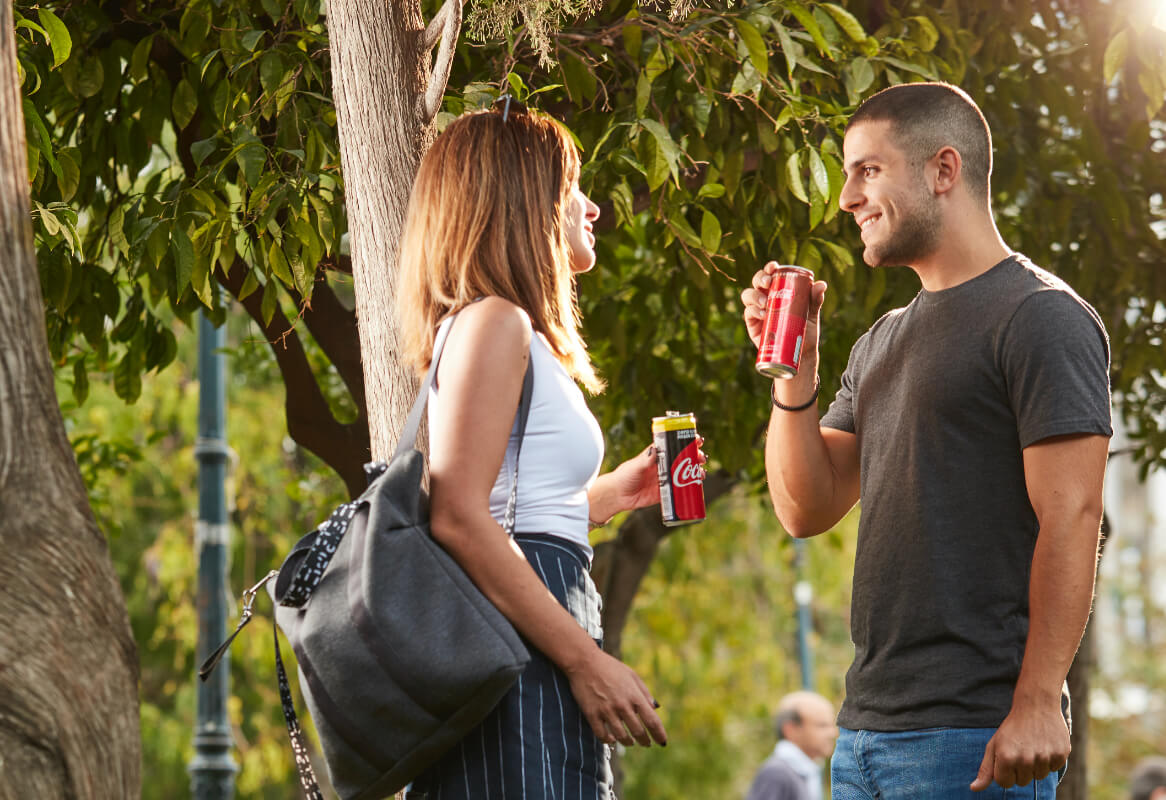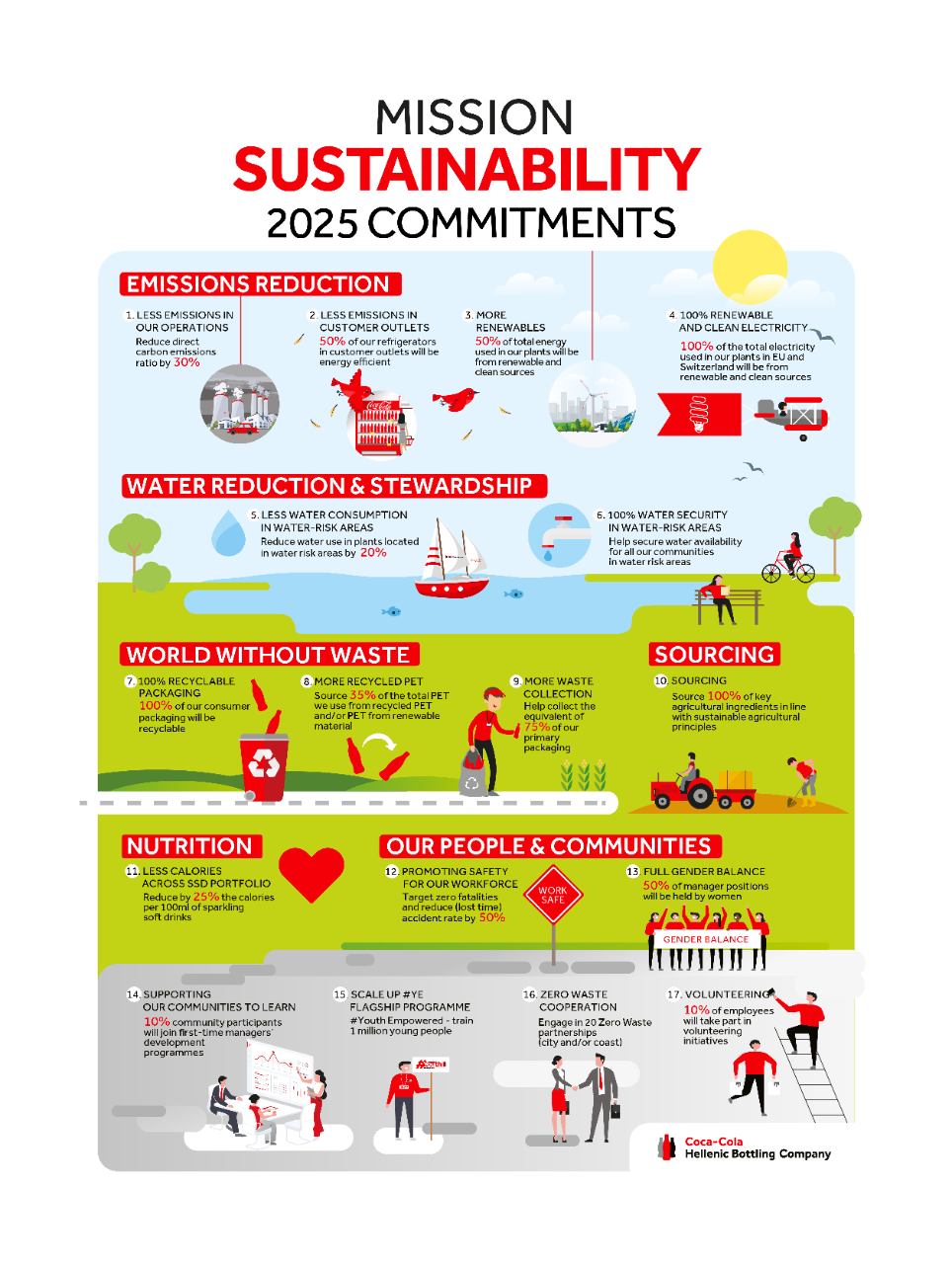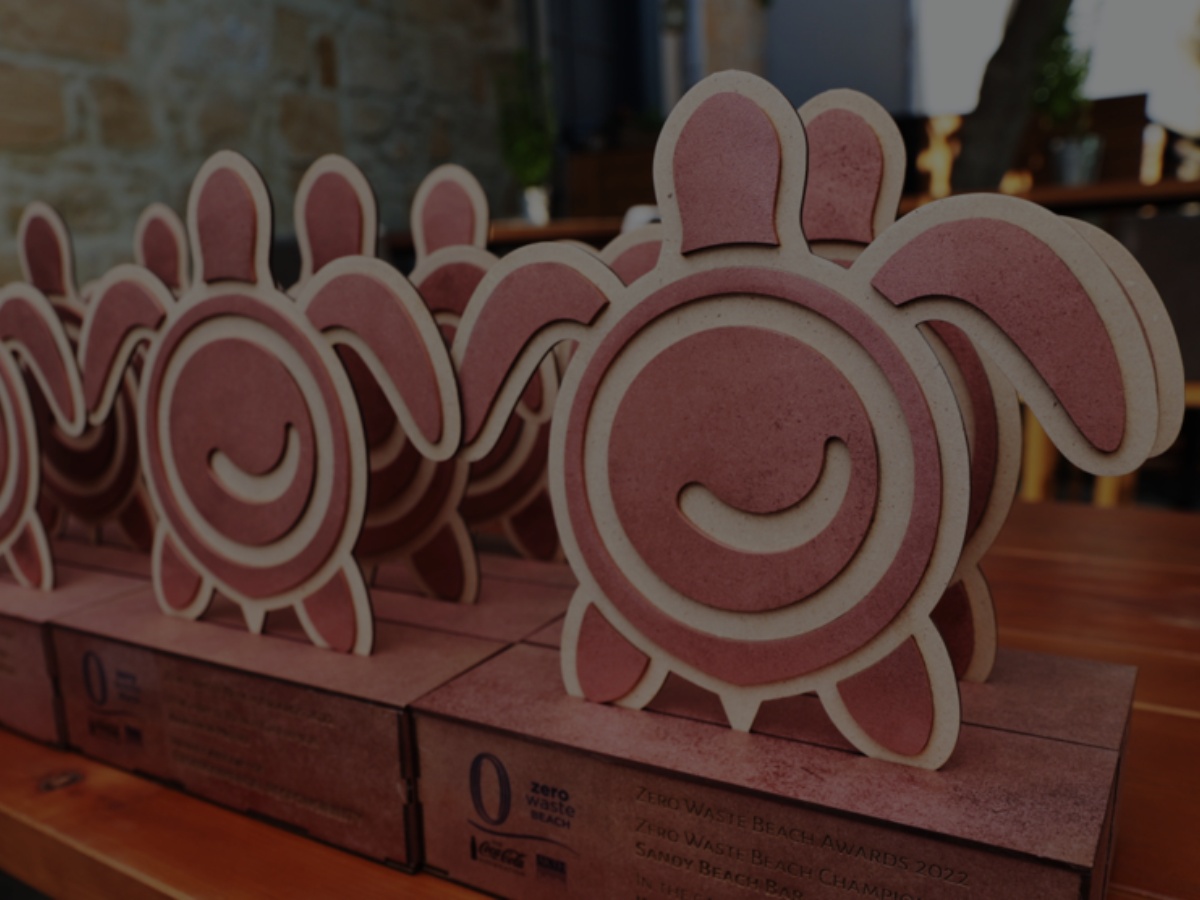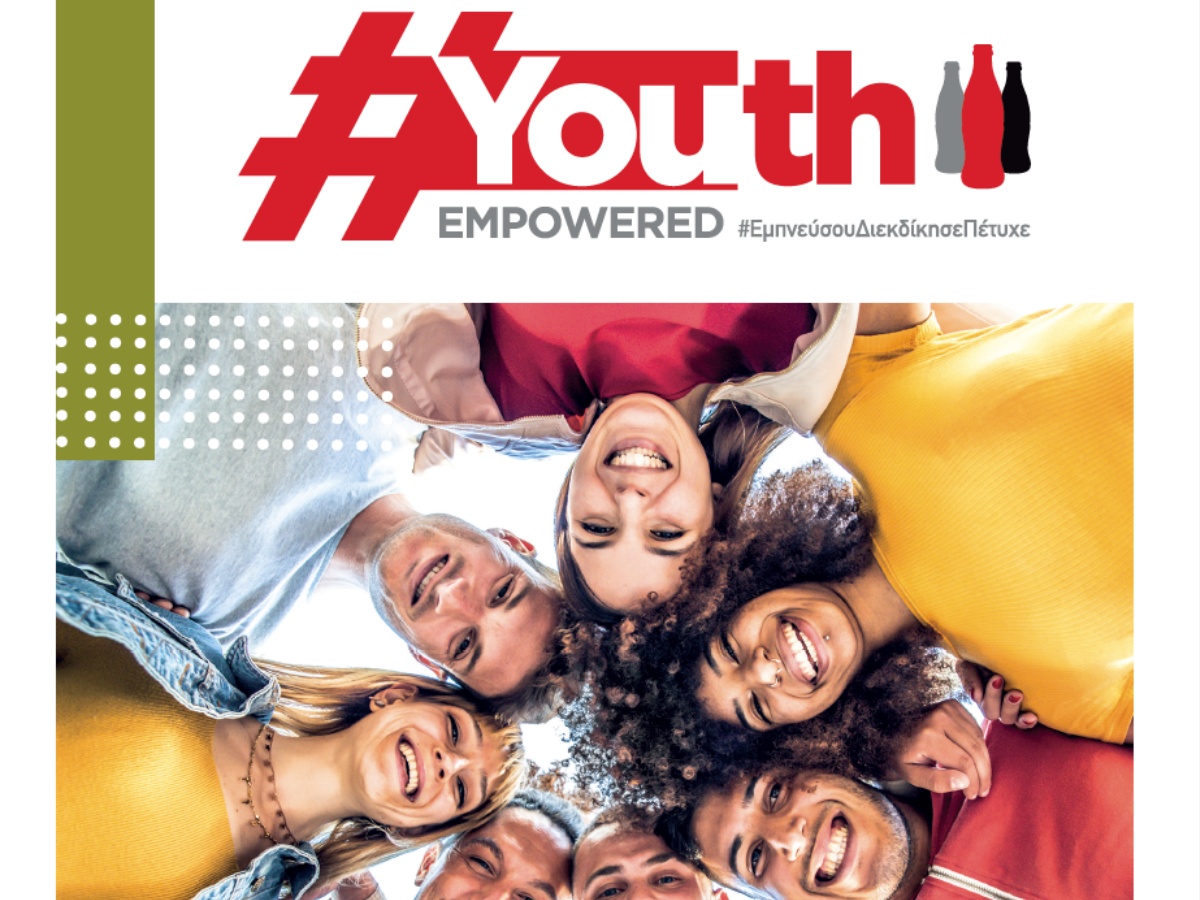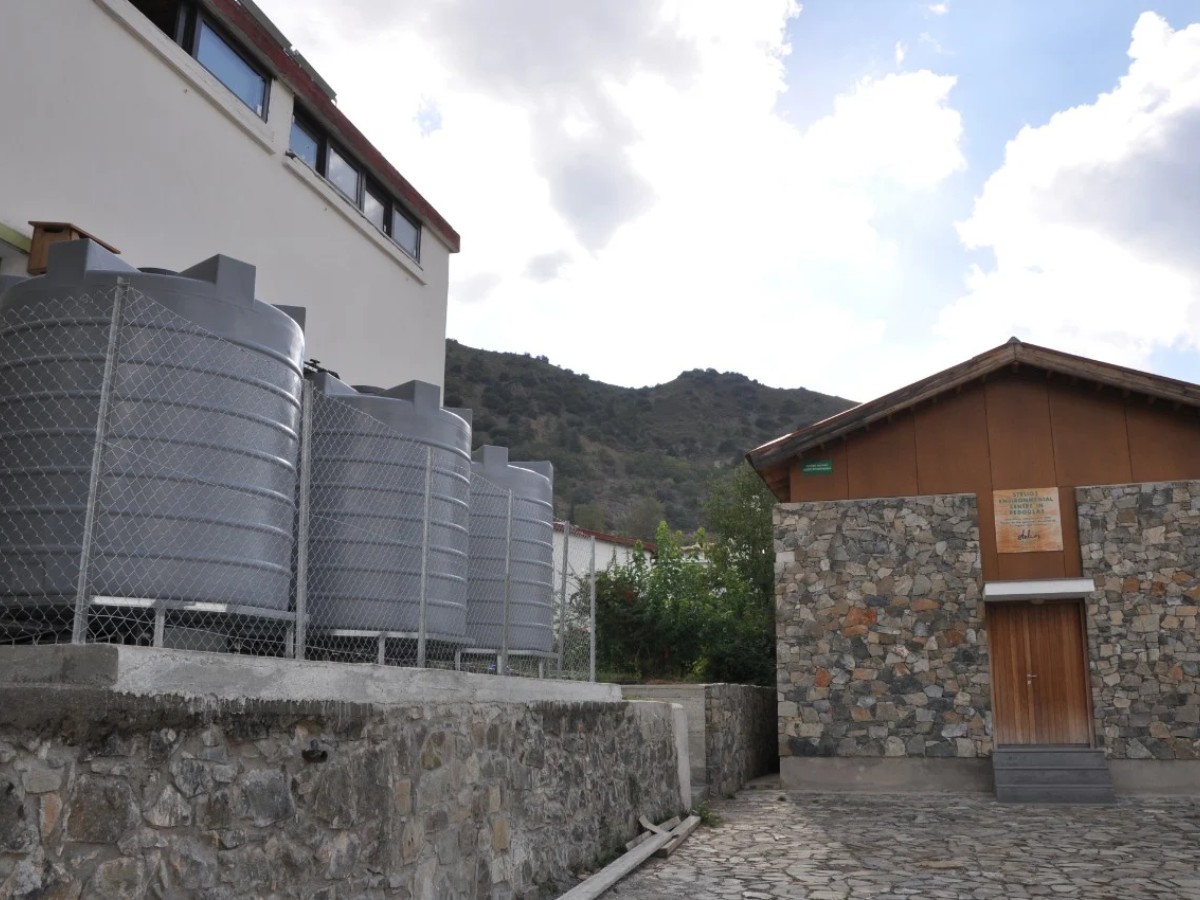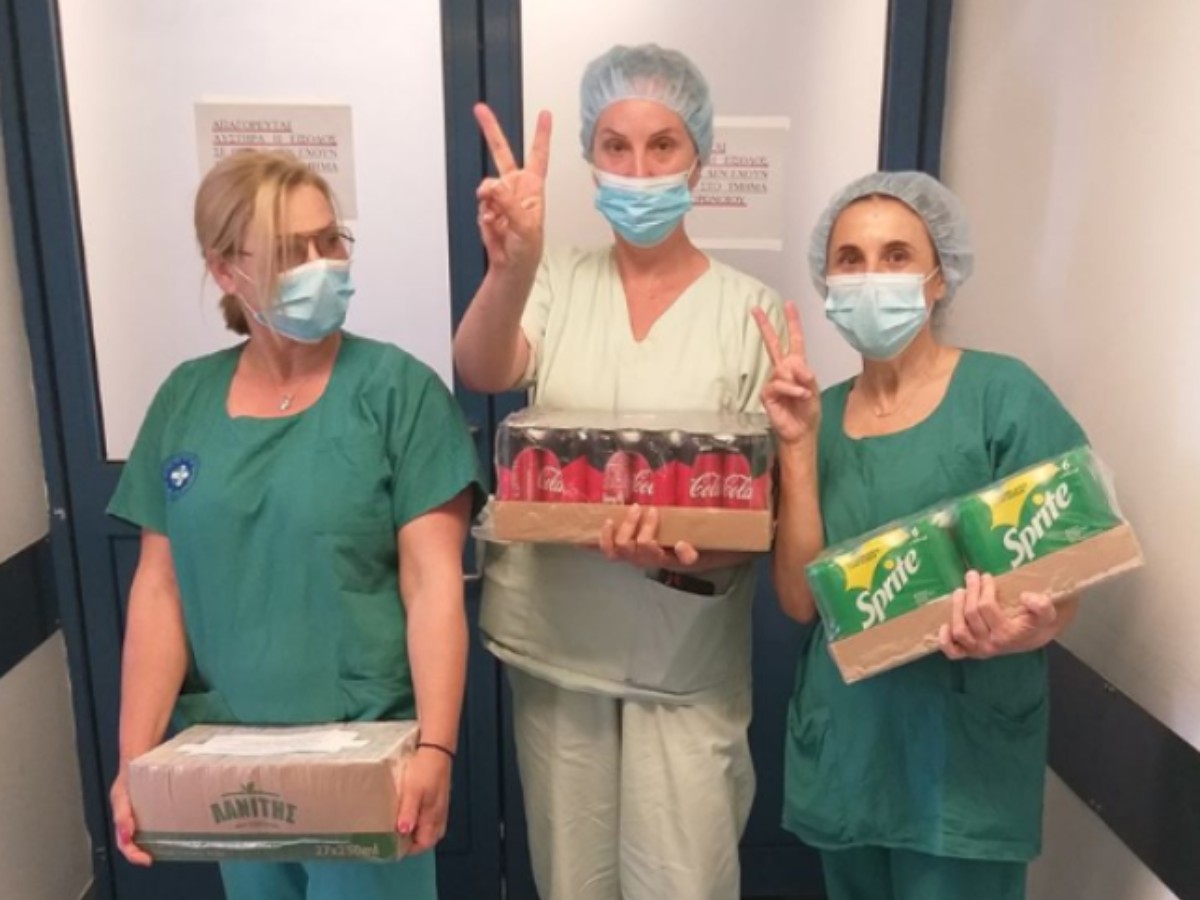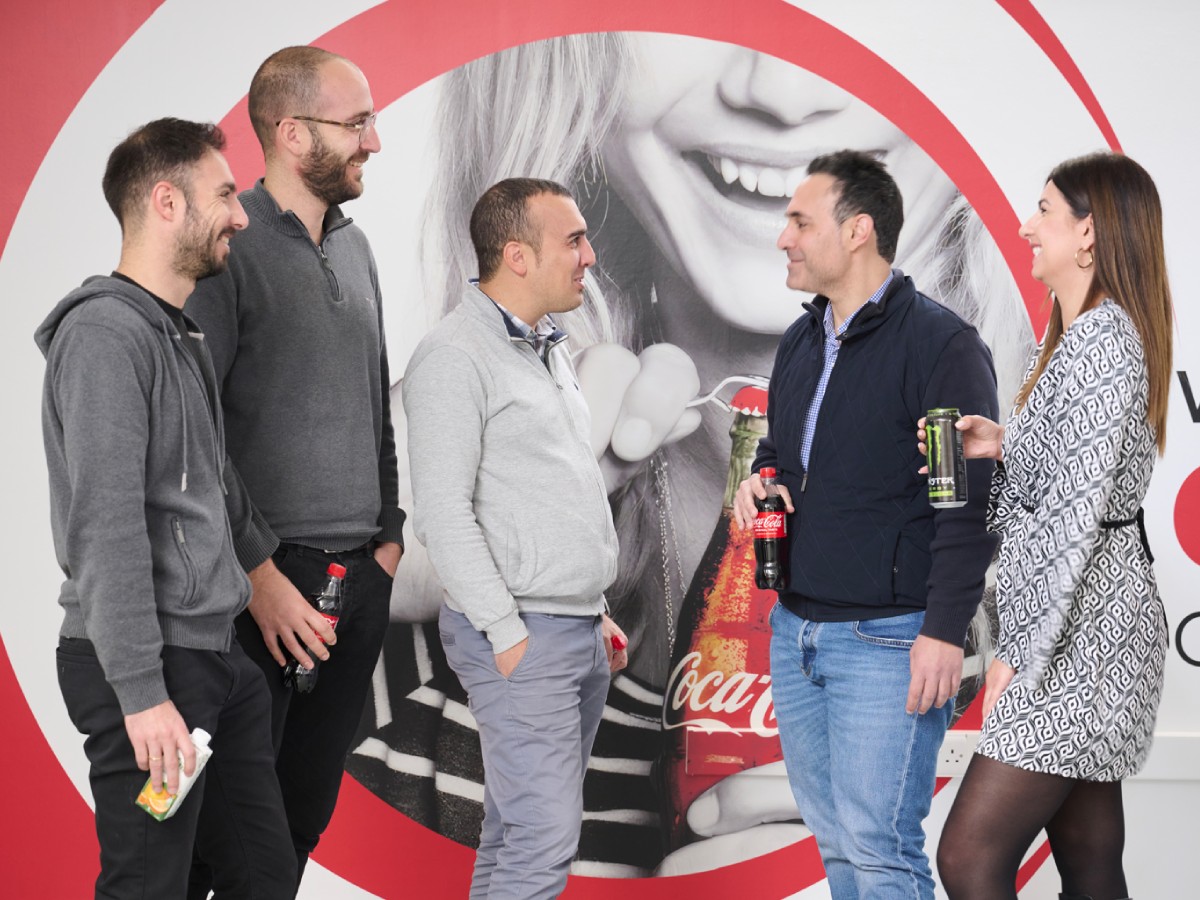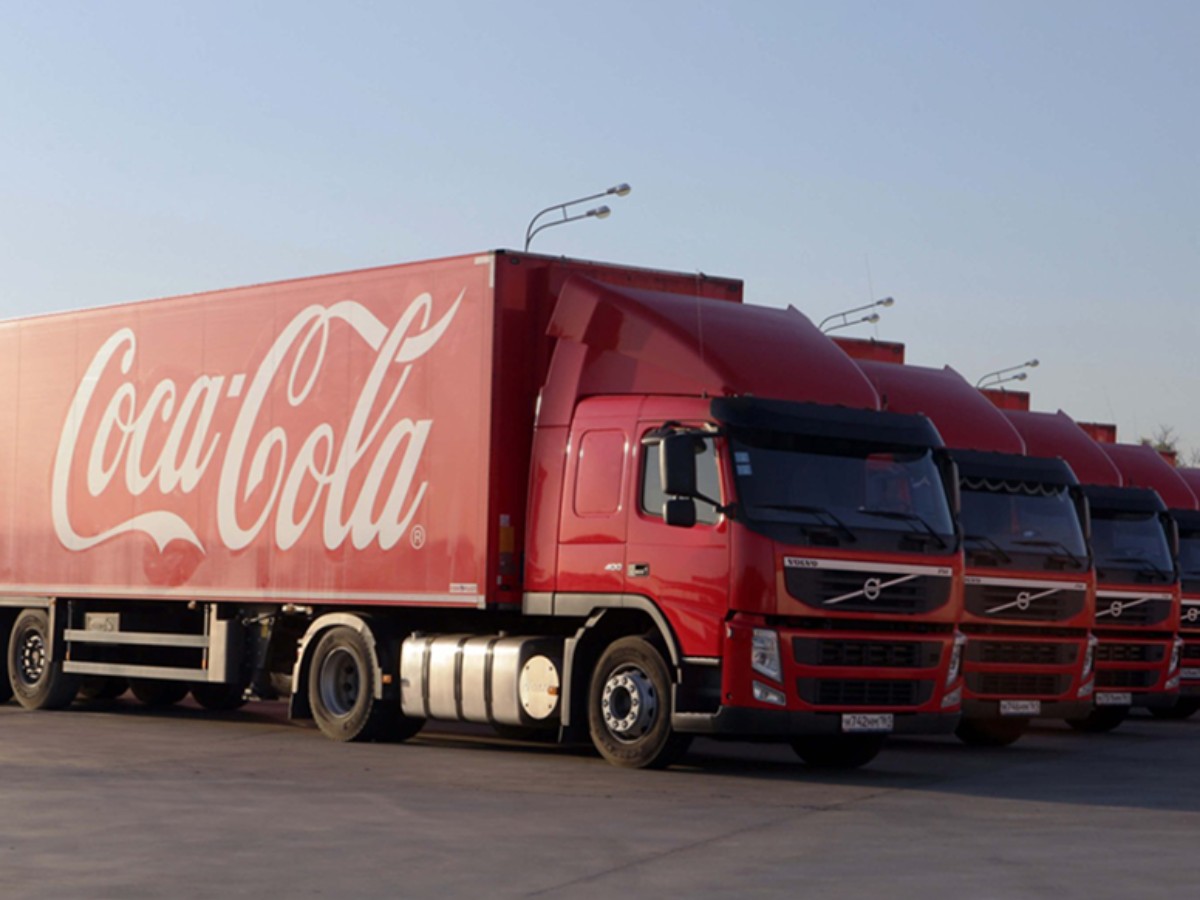GRI Index
We aim to report our progress on material issues comprehensively and transparently. To do so, we follow the Global Reporting Initiative (GRI), the leading framework for sustainability reporting and we continuously improve by including more quantitative objectives and indicators (both general and GRI related) in our annual CSR Report.
GRI sets the standards and develops reporting guidance to businesses and organisations so that they can understand and communicate the impact of their activities on critical sustainability issues.
Furthermore, we follow the Global Compact international guidelines in order to ensure an integrated performance of our reporting in terms of materiality, width and quality of data. Global Compact provides a principle-based framework and best practices about the way companies can do business responsibly and keep commitments to society.
The tables below show the correlation of the content of Reporting with the Principles of the Global Compact and the Factors and Indicators of the Global Reporting Initiative (GRI-G4).
The coverage is determined on the basis of Full (F), Partial (P), Not Reported (NR) or Not Applicable (NA).
